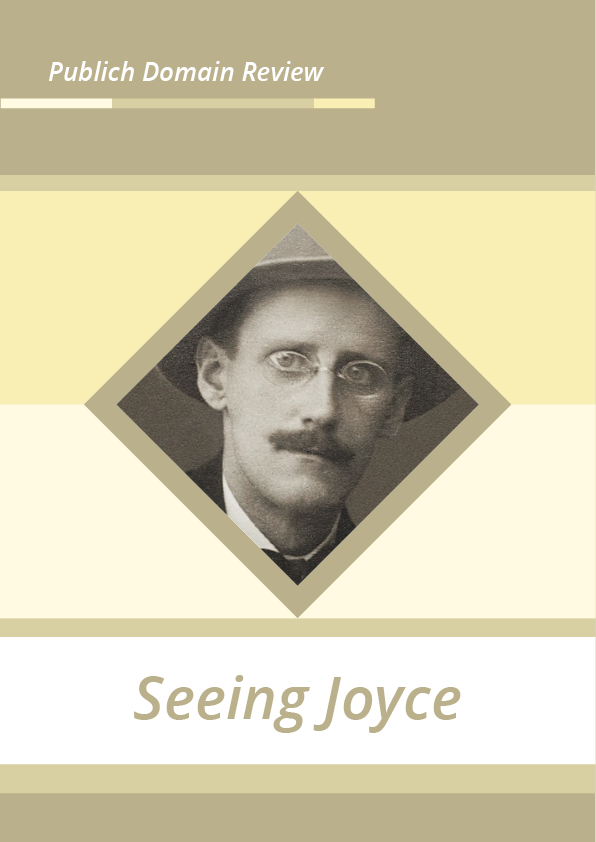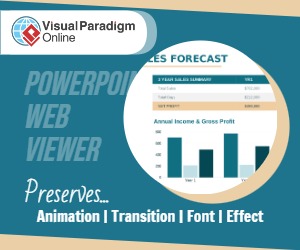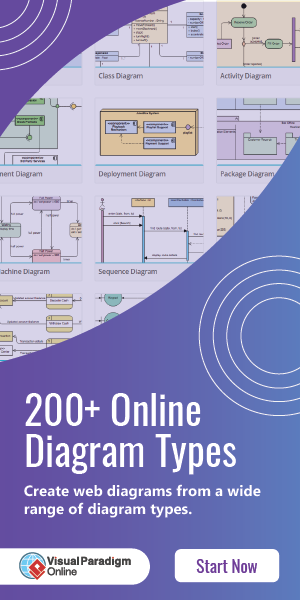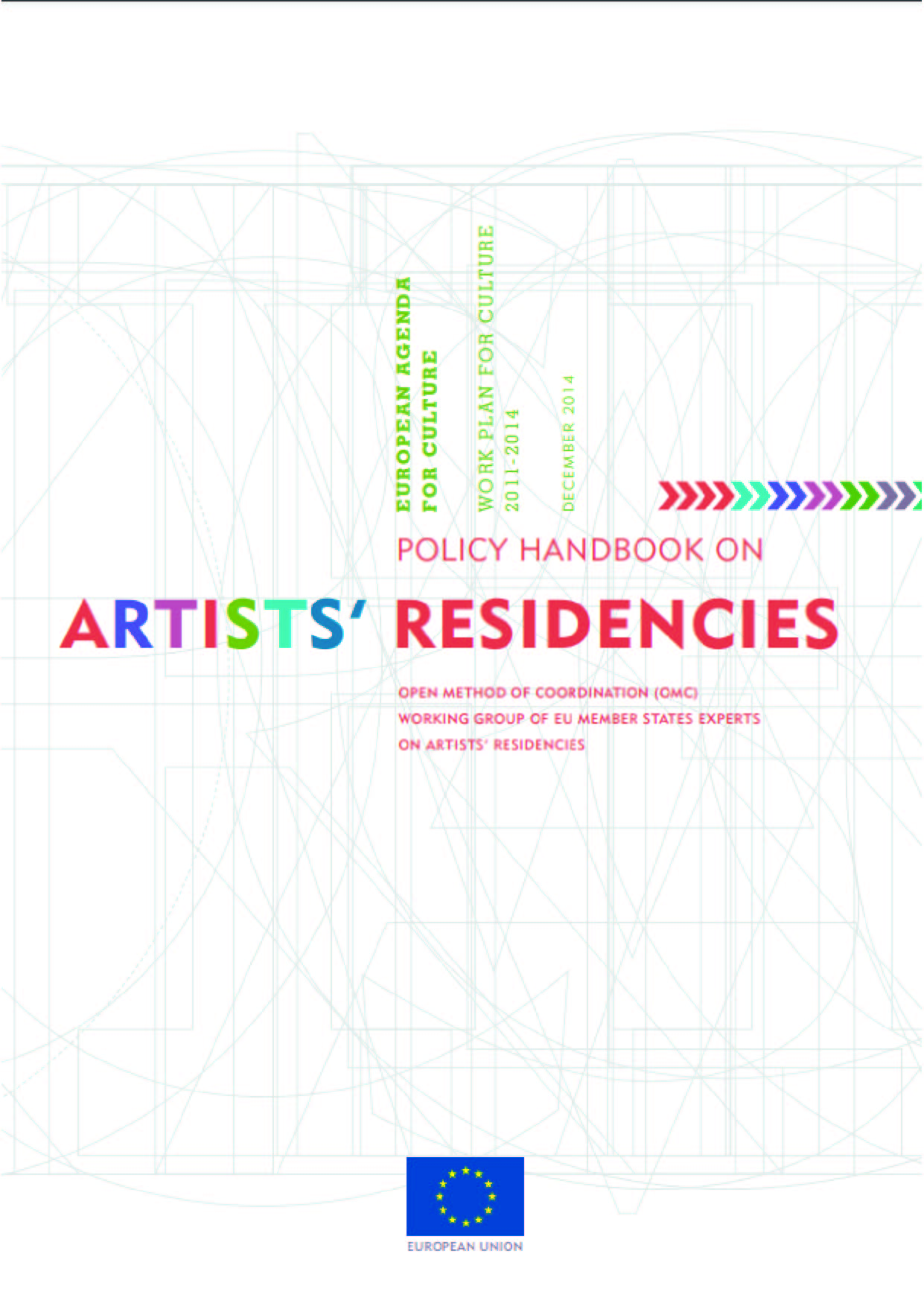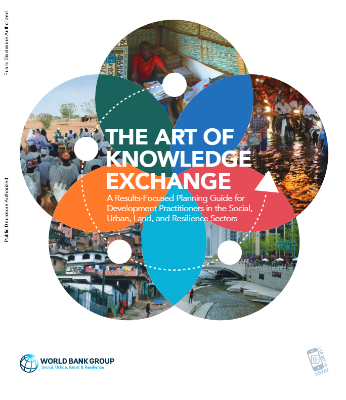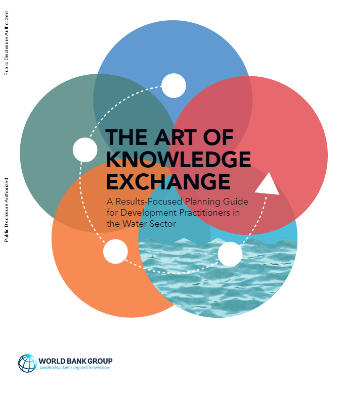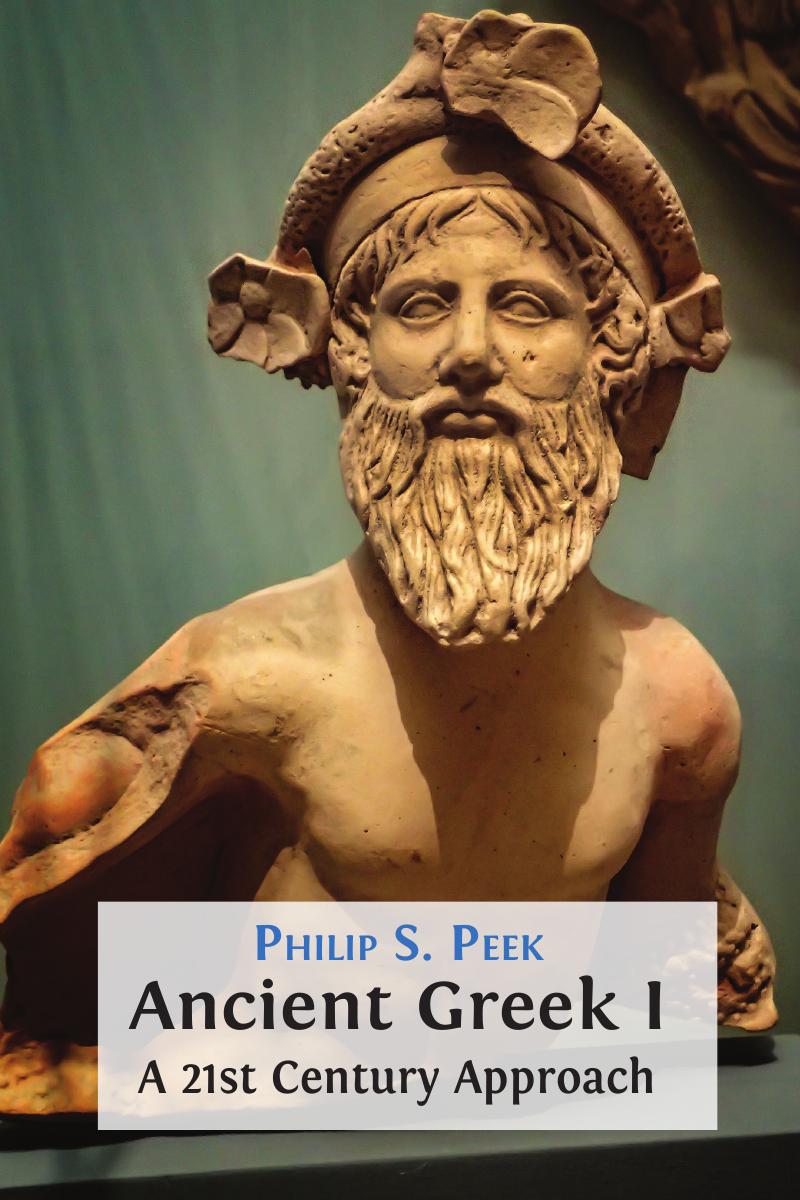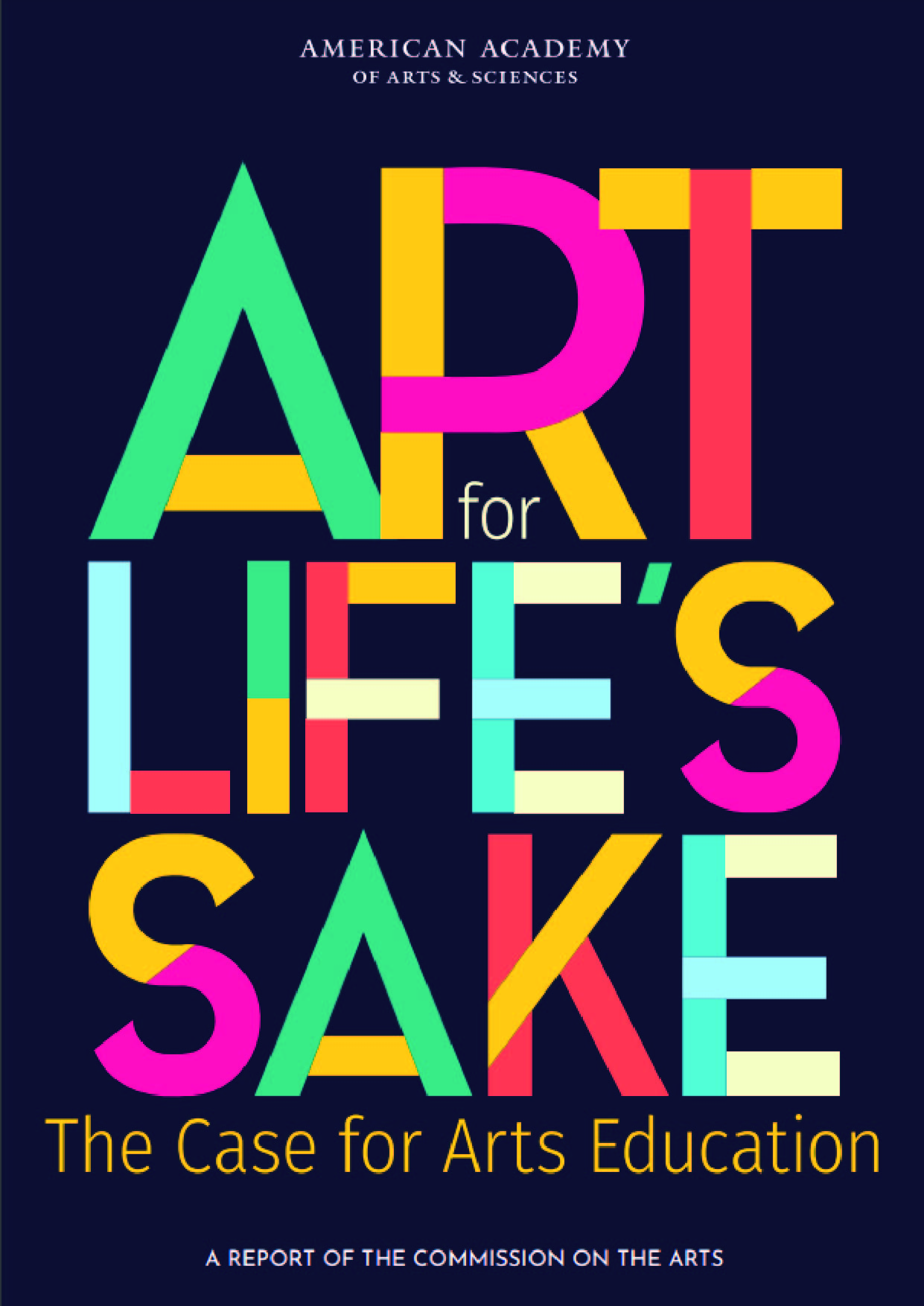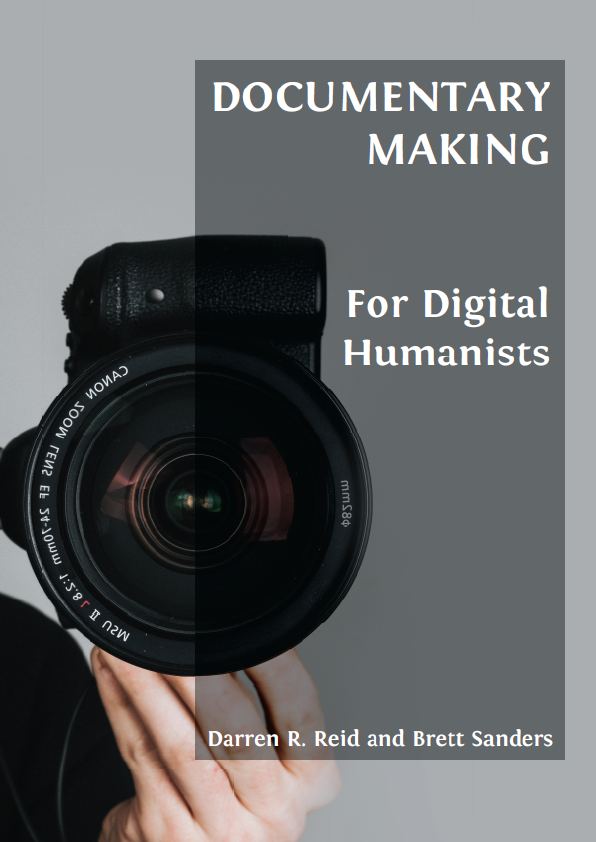The “Bloomsday” of 2012 – 108 years after Leopold Bloom took his legendary walk around Dublin on the 16th June 1904 – was the first since the works of James Joyce entered the public domain. Frank Delaney asks whether we should perhaps now stop trying to read Joyce and instead make visits to him as to a gallery.
In 1931, Stanislaus Joyce wrote to his older brother, James, a letter that echoed with many voices.
I cannot read your work in progress. The vague support you get from certain French and American critics I set down to pure snobbery … What is the meaning of that rout of drunken words? … You want to show that you are a superclever superman with a superstyle.
It wasn’t the younger sibling’s first complaint, nor even the most bitter; as brother of the more famous Jim he had spoken out far more abusively at earlier, similarly “obscure” moments in the Joycean career. Nor was Stanny’s the only such complaint; in fact such allegations and dismissals would become more or less general. This time, the “work in progress” became Finnegans Wake (1939), a book that has defeated most of its would-be readers wholly and all partially, but that same frustrated opprobrium had begun with Ulysses (1922) and in due time would discolour everything that Joyce wrote.
To accept the general impeachment of James Joyce is never to know vast delight. The majority has ruled for a long time – Joyce is “difficult,” Prince of the Unintelligibles, out-Steining Gertrude and that’s that, no further argument.
If, out of sensitivity, out of respect, you find yourself reluctant to blame the artist himself, you could, if you wished, turn on the academics. Sneer at them, “Well, they certainly took Joyce at his word when he said ‘My work will keep the professors busy for three hundred years’.” Indeed. Hammer them further; didn’t they then make him exclusive, intensify his arcane reputation, isolate him from the common reader because they were hunting down all those recondite doctorates in his thickets? And, as every dog and Derrida knows, the more obscure the thesis the more summa the cum laude.
However, why yield to either frustration or cynicism, especially in the face of such great art? Since Joyce believed that his writing both synthesized and transcended other disciplines, specifically painting and music, why not look for him somewhere over there? Indeed, why not wonder whether Joyce only needs a little pathfinding, a little extra scrutiny?….
Frank Delaney, writer and broadcaster, lives in the United States, where he deconstructs Ulysses in brief weekly podcasts on his website: www.frankdelaney.com.
